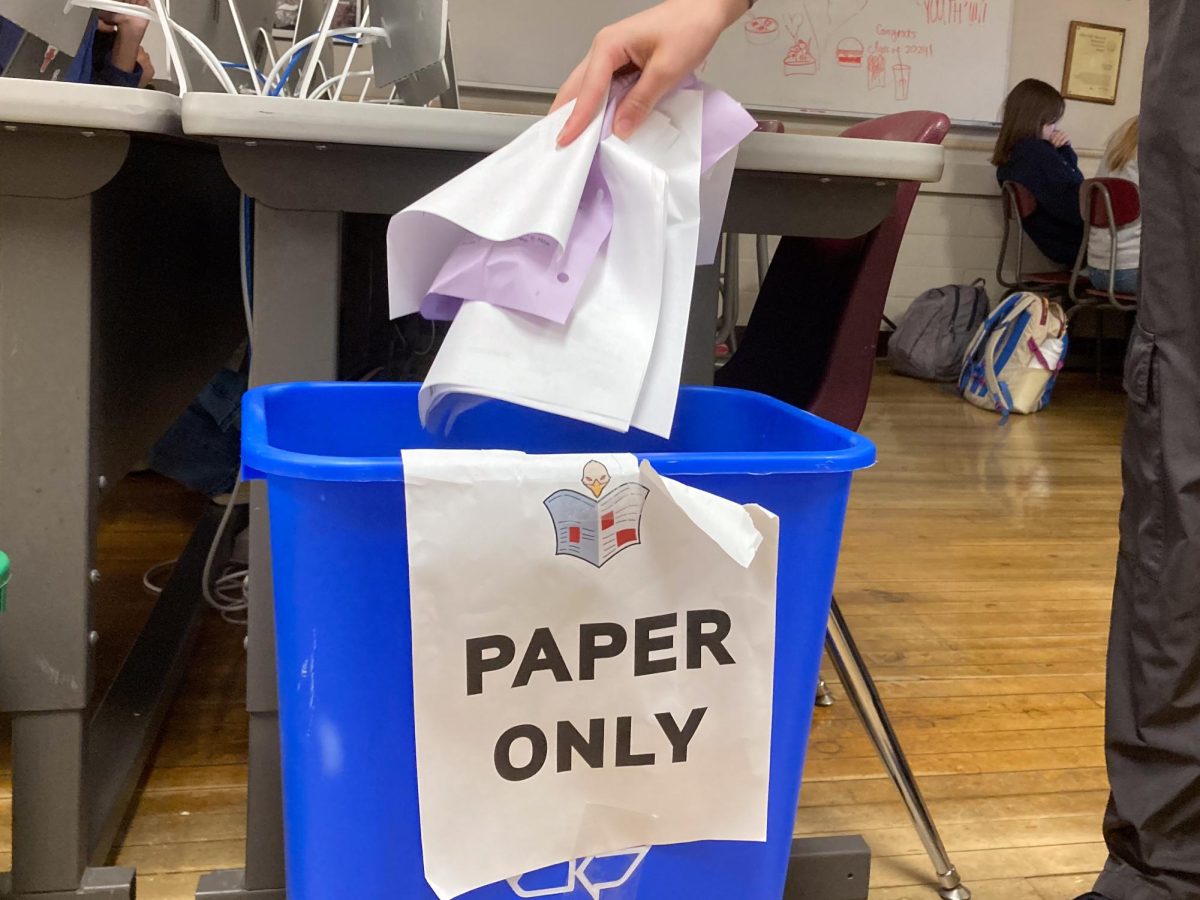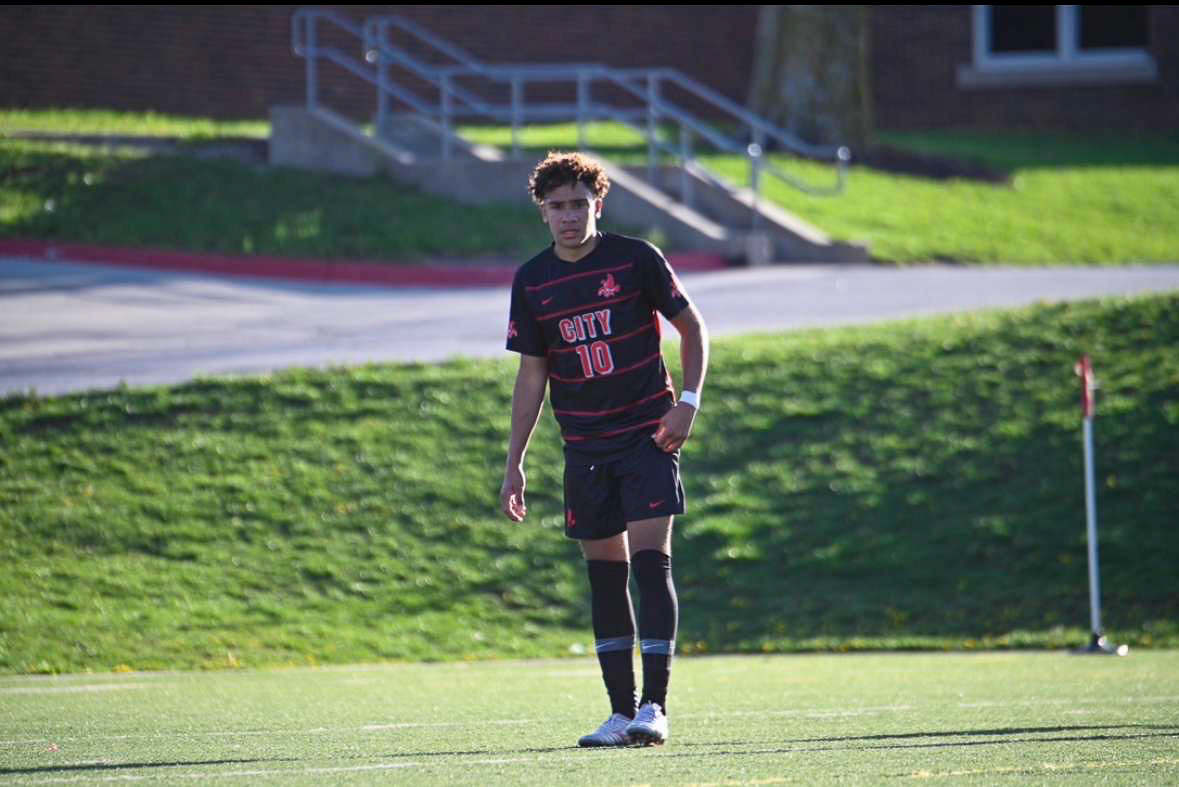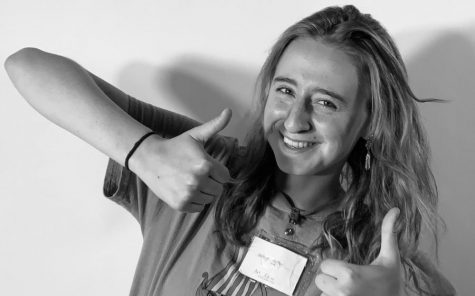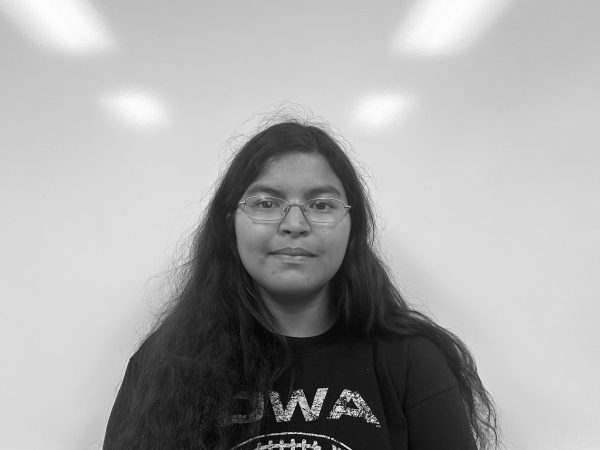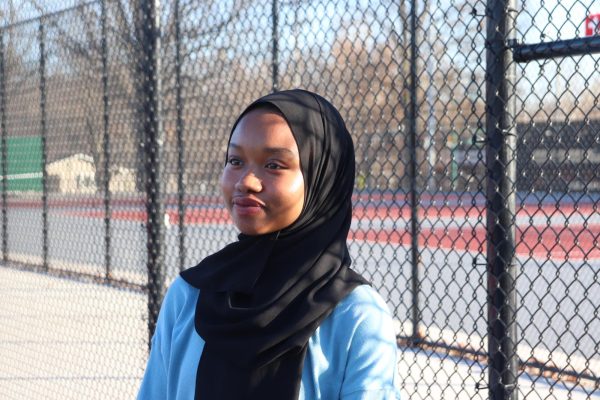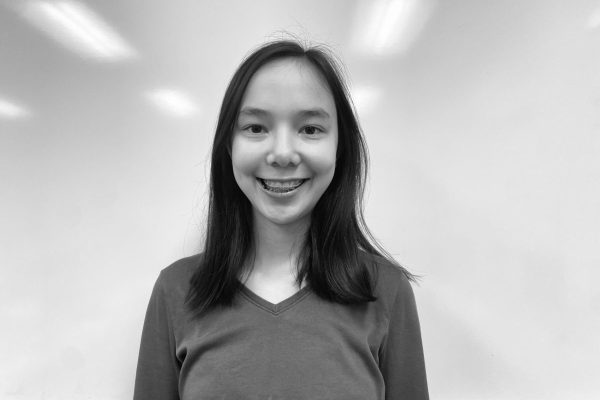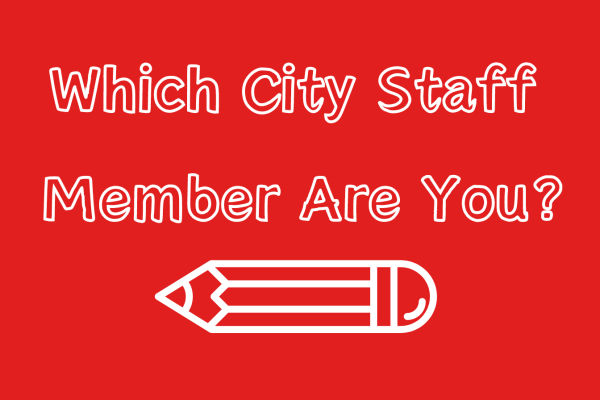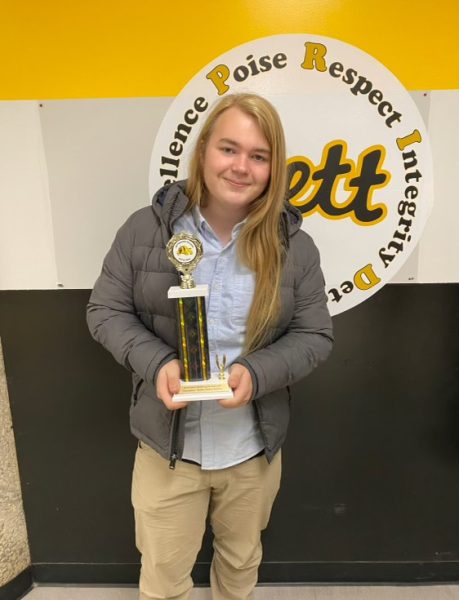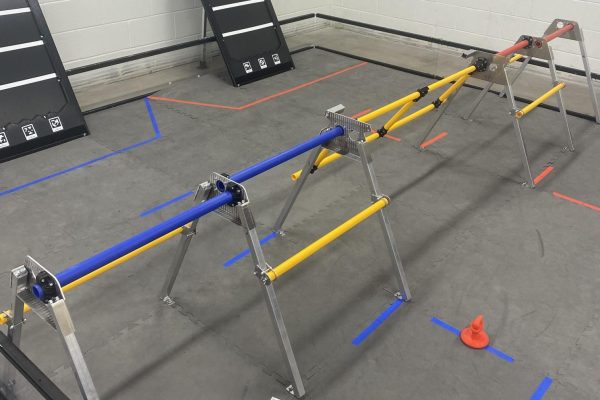What a difficult year has taught us about reading
Librarians and language arts teachers report higher student readership due to systems and circumstances put in place during the pandemic
May 22, 2021
City High librarians and language arts teachers agree that students may be reading more than in previous years. The change could be due to a combination of new additions to the book library checkout platform Destiny Discover, changing the curriculum, and a lengthy global lockdown acting as a “gateway drug to reading.”
The library is primarily operating using the digital library catalog Destiny Discover. Teacher Librarian Daphne Foreman delivers the requested selection of books to teachers and students. While using Destiny Discover to search for books has been an option for students prior to this year, many opted to browse the library instead.
Foreman compares the searchability in high school libraries, organized by fiction and nonfiction, to that of a typical bookstore, organized by genres like mysteries and romance. Destiny Discover is organized like a bookstore, Foreman adds, which is why this year students have had heightened searchability this academic year.
“It’s been a pretty radical transformation,” Foreman said. “Before COVID, kids seemed to prefer browsing in person. that meant just literally going up and down the aisles, grabbing books off, and maybe reading the cover or looking at the thickness of the book. Or looking at the pictures. that’s one good method but I think that it just doesn’t compare at all to choosing something based on interest. Reading books is a really transporting experience and it’s not about just the physical paper copy.”
Foreman adds that the librarians have learned how to market books through Destiny Discover using visual collections organized through categories like Iowa High School Book Award, New Books in March LGBTQ, Must-Read Graphic Novels, etc. After clicking on a book’s cover and locating the book’s summary, related books are to the right side of the website.
Ali Borger-Germann, a teacher of English 10 Honors, Contemporary Literature, and AP Seminar, reports that while she has seen changes happening in her classroom in regards to reading, there’s no way for her to verify them. She adds that the changes are “observational or experiential, as opposed to a fact.”
“What I noticed is students are talking to me about books that they’ve read independently more frequently, particularly books that they read over the summer, or during the lockdown,” Borger-Germann said. “they had some kind of positive reading experiences, and they’re building on those during the school year. That’s wonderful.”
Borger-Germann explains that due to the lengthy time spent under lockdown, many students experimented with a personal reading book for the first time in years.
“I really think there was a level of boredom,” Borger-Germann said. “Even people who love video games or binge-watching Netflix, you can’t do that for six months. You have to turn to something else eventually. And so many kids found a book that they liked.”
Teacher Anna Basile has used knowledge of this year’s uncertainty to structure both her freshman and junior English classes with an independent reading structure meant to lessen stress, encourage mindfulness, and improve reading stamina.
“I wanted to make space for kids to become advocates for what they wanted, and something that they have complete control over in terms of what they read,” Basile said. “Because in terms of assessing reading, with so many unknowns, one skill that I knew we could practice would be reading stamina. It’s this idea that a lot of times, students who don’t independently read have very limited reading stamina, and they become distracted through the act of reading pretty quickly.”
Basile recalls wanting to establish consistent, flexible routines. Basile notes that she feels responsible for setting her students up for academic success in the future. She wishes for her students to approach school as a lifelong reader instead of what she calls a “compliant reader.”
Basile explains that some of the learning systems are broken in a way that doesn’t allow for students to become lifelong readers, a sentiment Borger-Germann shares about related topics such as scheduling.
“I am convinced that high school does not need to take as much time as it used to. I’m really bummed that everyone keeps saying ‘I hope we go back to normal’, because normal was not sustainable, healthy, or even helpful,” Borger-Germann said. “With online school, I have kids coming to class every other day and having work to do on their off days. And the result is way higher productivity and way more reading. Students just have more time to read. I think that’s a big factor that we can’t overlook. Having these open spaces in your day makes a big difference.”
Back in the library, Foreman explains that she would like to see the school adapt what they’ve learned this year.
“I’d like to think we’re thinking about how even if it’s kind of regular school next year, how we can translate this into success for the next time around,” Foreman said. “We’d really like to keep this excitement going about books. So hopefully we’ll find we’ve learned quite a bit about how to teach kids, how to market our kids, and how to make books really accessible even if it seems difficult to get them.”

